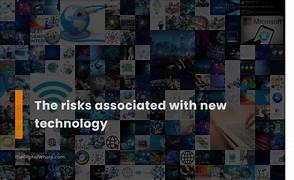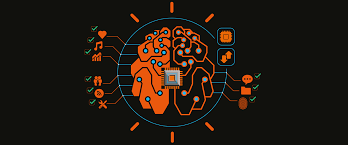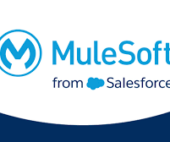Business Intelligence and AI
AI in Business Intelligence: Uses, Benefits, and Challenges AI tools are increasingly becoming integral to Business Intelligence (BI) systems, enhancing analytics capabilities and streamlining tasks. In this article, we explore how AI can bring new value to BI processes and what to consider as this integration continues to evolve. AI’s Role in Business Intelligence Business Intelligence tools, such as dashboards and interactive reports, have traditionally focused on analyzing historical and current data to describe business performance—known as descriptive analytics. While valuable, many business users seek more than just a snapshot of past performance. They also want predictive insights (forecasting future trends) and prescriptive guidance (recommendations for action). Historically, implementing these advanced capabilities was challenging due to their complexity, but AI simplifies this process. By leveraging AI’s analytical power and natural language processing (NLP), businesses can move from descriptive to predictive and prescriptive analytics, enabling proactive decision-making. AI-powered BI systems also offer the advantage of real-time data analysis, providing up-to-date insights that help businesses respond quickly to changing conditions. Additionally, AI can automate routine tasks, boosting efficiency across business operations. Benefits of Using AI in BI Initiatives The integration of AI into BI systems brings several key benefits, including: Examples of AI Applications in BI AI’s role in BI is not limited to internal process improvements. It can significantly enhance customer experience (CX) and support business growth. Here are a few examples: Challenges of Implementing AI in BI While the potential for AI in BI is vast, there are several challenges companies must address: Best Practices for Deploying AI in BI To maximize the benefits of AI in BI, companies should follow these best practices: Future Trends to Watch AI is not poised to replace traditional BI tools but to augment them with new capabilities. In the future, we can expect: In conclusion, AI is transforming business intelligence by turning data analysis from a retrospective activity into a forward-looking, real-time process. While challenges remain, such as data governance, ethical concerns, and skill shortages, AI’s potential to enhance BI systems and drive business success is undeniable. By following best practices and staying abreast of industry developments, businesses can harness AI to unlock new opportunities and deliver better insights. Like Related Posts Salesforce OEM AppExchange Expanding its reach beyond CRM, Salesforce.com has launched a new service called AppExchange OEM Edition, aimed at non-CRM service providers. Read more Salesforce Jigsaw Salesforce.com, a prominent figure in cloud computing, has finalized a deal to acquire Jigsaw, a wiki-style business contact database, for Read more Service Cloud with AI-Driven Intelligence Salesforce Enhances Service Cloud with AI-Driven Intelligence Engine Data science and analytics are rapidly becoming standard features in enterprise applications, Read more Health Cloud Brings Healthcare Transformation Following swiftly after last week’s successful launch of Financial Services Cloud, Salesforce has announced the second installment in its series Read more










